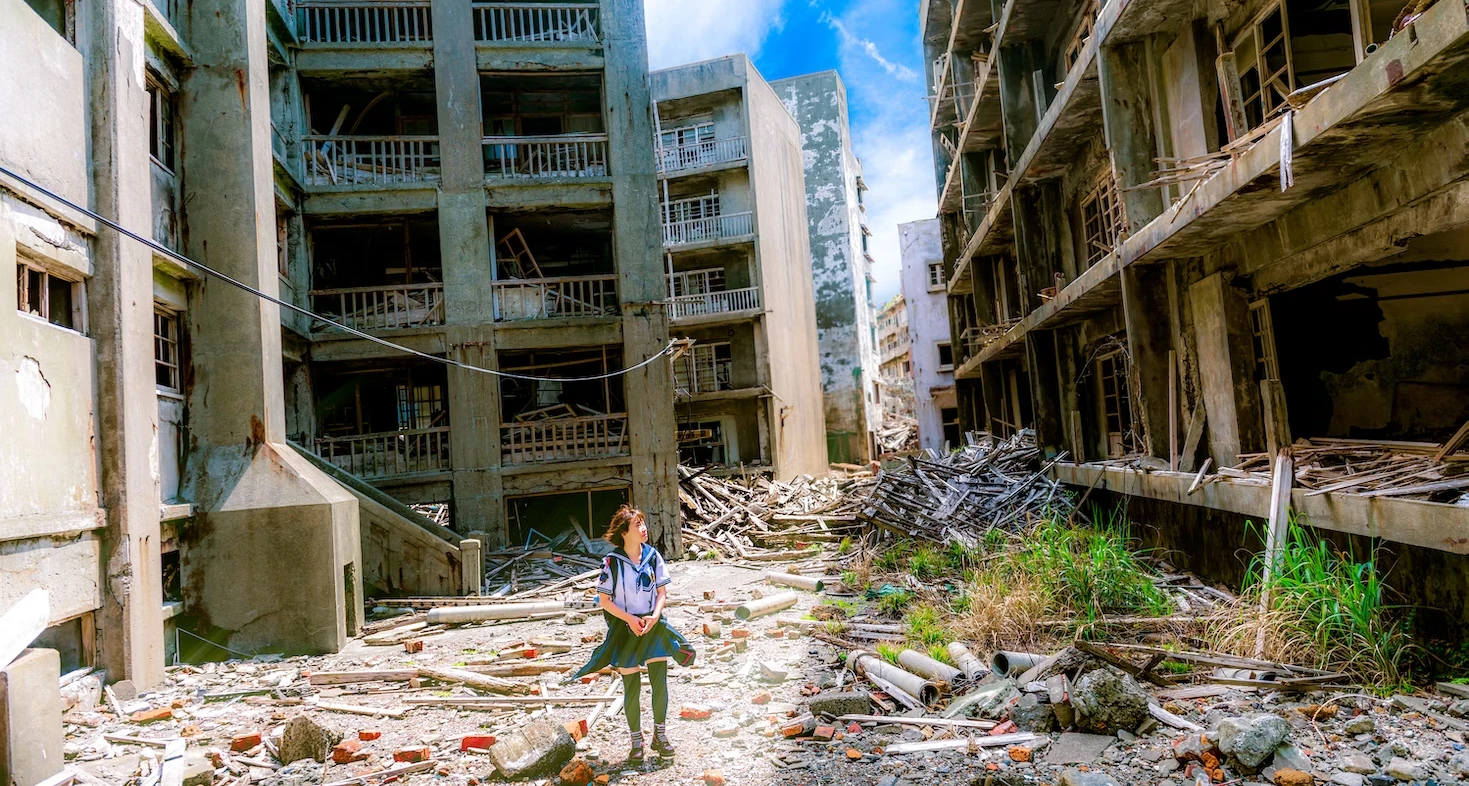Implications of Azerbaijan-Armenia War on the 2024 U.S. Presidential Election

Geopolitical crises have a significant impact on the dynamics of domestic politics, and the outbreak of a war between Azerbaijan and Armenia is no exception. This conflict could have wide-reaching consequences, including its influence on the 2024 U.S. presidential election.
The Escalation of Conflict
The conflict between Azerbaijan and Armenia over the Nagorno-Karabakh region has been a longstanding issue, with sporadic eruptions of violence. A full-scale war breaking out, drawing in regional powers and capturing the attention of the global community. The potential for a protracted and devastating conflict has significant repercussions on the international stage, but it would also find its way into the domestic sphere of American politics.
Impact on Foreign Policy Discourse
Shifting Priorities: An ongoing Azerbaijan-Armenia war will likely force foreign policy and international relations to the forefront of the presidential election. Candidates from both major parties would need to address their stance on the crisis, leading to a more nuanced discussion on the United States' role in mediating or influencing the situation.
Partisan Responses: The conflict could lead to divided responses within the U.S., reflecting the broader divisions in American politics. While some may call for a stronger U.S. intervention in support of one side or the other, others may advocate for a more cautious and diplomatic approach. This partisan divide could create challenges for candidates seeking to maintain unity within their respective parties.
Impact on Candidates
Foreign Policy Credentials: Candidates' foreign policy credentials and experience will come under closer scrutiny. They would need to demonstrate their understanding of the complex geopolitics of the South Caucasus and propose coherent strategies to address the conflict and protect U.S. interests.
Candidate Positions: Candidates' positions on the Azerbaijan-Armenia war could significantly affect their appeal to voters. Their stances, whether favoring one side, advocating for a diplomatic solution, or taking a more isolationist approach, would play a pivotal role in shaping their campaign narratives.
Impact on Electoral Dynamics
National Security Concerns: The war naturally elevates national security concerns among American voters, influencing their priorities in the election. Candidates who can articulate strong and effective strategies for safeguarding U.S. interests while promoting global peace may gain an advantage.
Swing State Impact: Given the potential political divisions arising from the conflict, swing states with significant Armenian and Azerbaijani diaspora communities, such as California, New York, and Michigan, may become pivotal battlegrounds. Candidates would need to carefully navigate these states to secure their electoral votes.
An Azerbaijan-Armenia war would undeniably impact the 2024 U.S. presidential election.
Foreign policy and national security concerns would take center stage, prompting candidates to refine their positions and demonstrate their expertise in international relations. The conflict could also create divisive partisan responses, with candidates facing the challenge of unifying their parties while addressing the crisis.
International crises have the potential to reshape the political landscape and elevate foreign policy as a critical issue in the American electoral process. The outcome of the 2024 presidential election could hinge on the ability of candidates to effectively navigate the complexities of the Azerbaijan-Armenia conflict and present a compelling vision for U.S. engagement in a troubled region.
 2024 WTF?
2024 WTF?